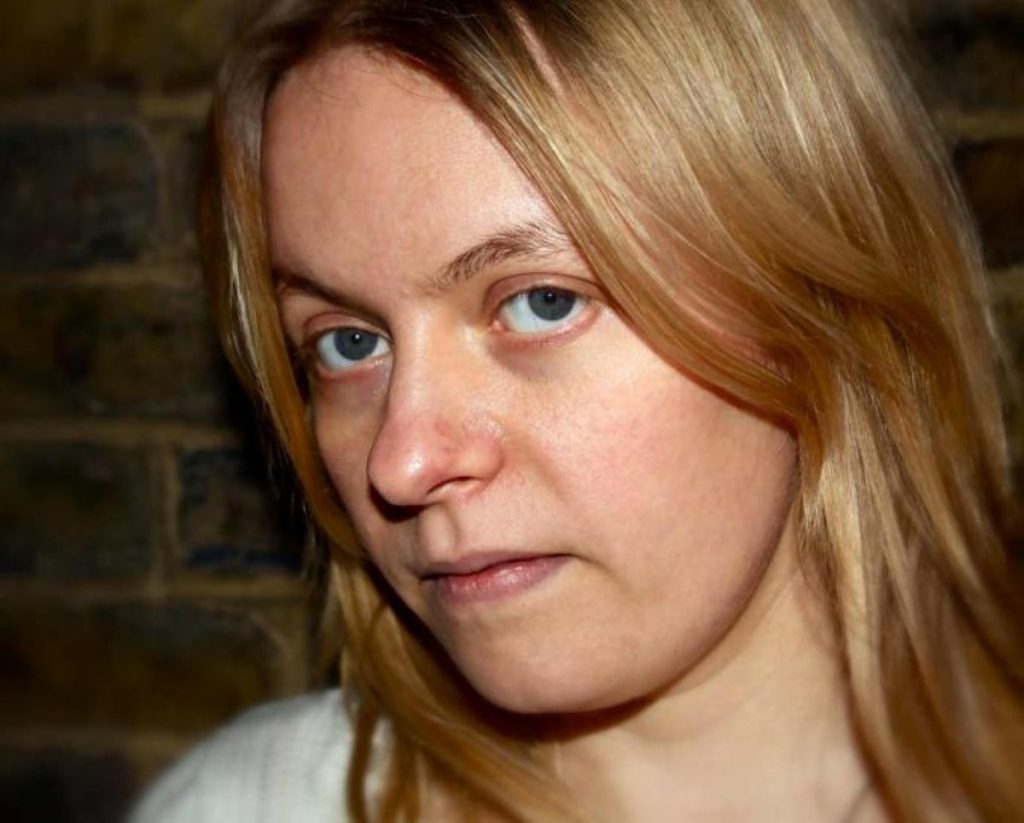Analysis: Egypt’s power struggle is still in its early days
By Jane Kinninmont
Egypt's new president, Mohammed Mursi, is the country's first civilian leader for more than 60 years, and the first Islamist politician in the modern Arab world to come to power through the ballot box. Yet he is taking on a presidency that has been stripped of some important powers by the council of generals that has been ruling Egypt throughout its 18-month political transition. The elected parliament, in which his party held a plurality of the seats, was unexpectedly dissolved two weeks ago by a court order. As Egypt prepares to write a new constitution, it is unclear how long the current president will be allowed to stay in office. Since the fall of former president Hosni Mubarak in February 2011, Egyptian politics have gone through a series of dramatic twists, turns and surprises. One of the few things that can be said with much certainty today is that the power struggle in Egypt is likely to continue for years to come.
A popular tweet in Egypt last year stated: "We didn't have a revolution to get rid of Mubarak – we got rid of Mubarak so we could have a revolution". The speed with which the former president was ousted – after just 17 days of protests – created some over-optimistic expectations about the pace at which the largest country in the Arab world would be able to shake off six decades of military dictatorship. Mubarak himself was ageing, and his son Gamal, a businessman with little military experience, was not much liked by the generals. Letting them go was the easy part compared to addressing the deeper power structures in a state where the military, the police and the intelligence services have been accustomed to sweeping powers. Of the three, the police have been weakened the most; the military have openly taken the reins of power; and the intelligence services have kept extremely quiet, but appear to have been immune from any significant restructuring.
The ruling military council, the supreme council of the armed forces, had promised to hand over powers to a civilian president on July 1st. But then, the Muslim Brotherhood movement, and its political party, the Freedom and Justice party, promised last year that they would not field a presidential candidate. A few months later, after their main rival, the more conservative Islamist party, Al-Nour, announced a presidential candidate, the Brotherhood also entered the race, with two candidates – probably fearing that their rivals would otherwise pick up all of the Islamist votes. In the event, both Al-Nour's candidate and the Brotherhood's favoured candidate Khairat El Shater were disqualified by a court order, along with several other candidates. Dr Mursi, who was essentially the Brotherhood's insurance policy, was catapulted into history.


But the race has been hard-fought, and fraught with fear-mongering. A number of bridge-building candidates ended up splitting the centrist vote in the first round, leaving the election run-off to a polarising choice between Dr Mursi and Ahmed Shafiq, a former air force chief and last prime minister of the Mubarak regime, seen as the military's favoured candidate. Just over half of the electorate cast their votes, and over 800,000 ballots were spoiled, as many Egyptians boycotted the polls, saying they'd hoped the revolution would bring them more than a simple choice between an Islamist and someone from the former regime.
Mr Mursi's victory was narrow, at 51.7%, reflecting the fact that many Egyptians still distrust the Muslim Brotherhood when it comes to democracy, women's rights and the position of the 10% Christian minority, despite the inclusive rhetoric that his party has adopted. Mr Shafiq's camp was keen to capitalise on these fears, whipping up rumours about Brotherhood militias and even the spectre of civil war, and they were helped by voters' awareness that the Brotherhood had gone back on its promise not to run a presidential candidate. It was this climate of fear that has enabled the military to unilaterally assign itself a host of new powers – including possible veto power over the new constitution.
Mr Mursi now faces a historic test. Will he be able to reclaim the unity of purpose that characterised the early days of Egypt's uprising, when Islamists and secularists came together to call for peaceful change and Christians and Muslims prayed together in Tahrir Square? Or will the Brotherhood – perhaps believing that its moment in history has come – be over-ambitious and over-reach itself? The process of forming a new cabinet will be an early indication of his ability to work inclusively with other political factions, which will be essential if Egypt's new civilian leaders are to negotiate an end to military rule. Alternatively, if Egypt's political parties remain divided over the old Islamist-secular lines, it will be far harder to move away from military rule towards a civilian state.
Jane Kinninmont is a senior research fellow for the Middle East and North Africa at Chatham House
The opinions in politics.co.uk's Comment and Analysis section are those of the author and are no reflection of the views of the website or its owners.

